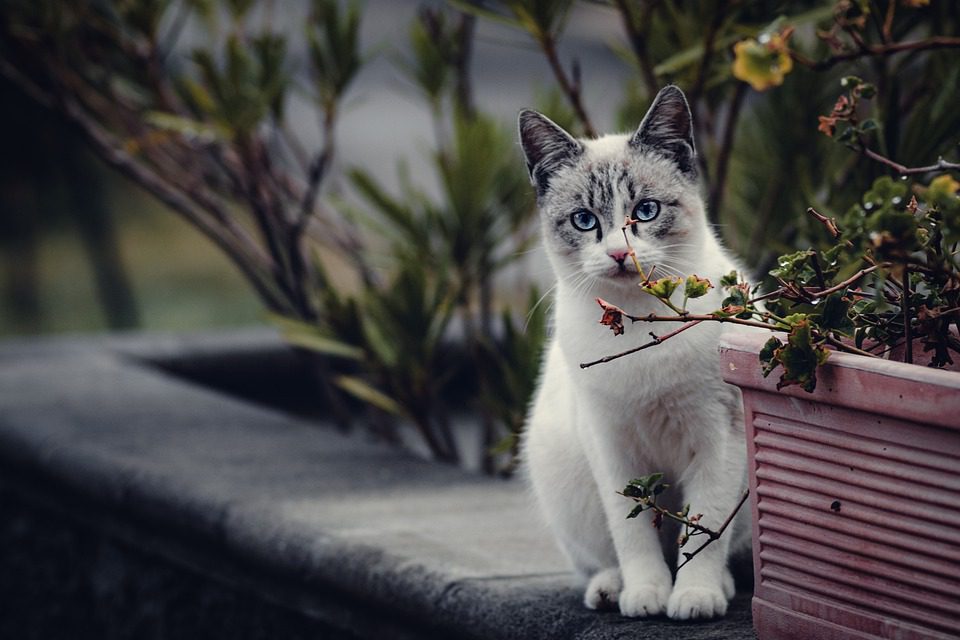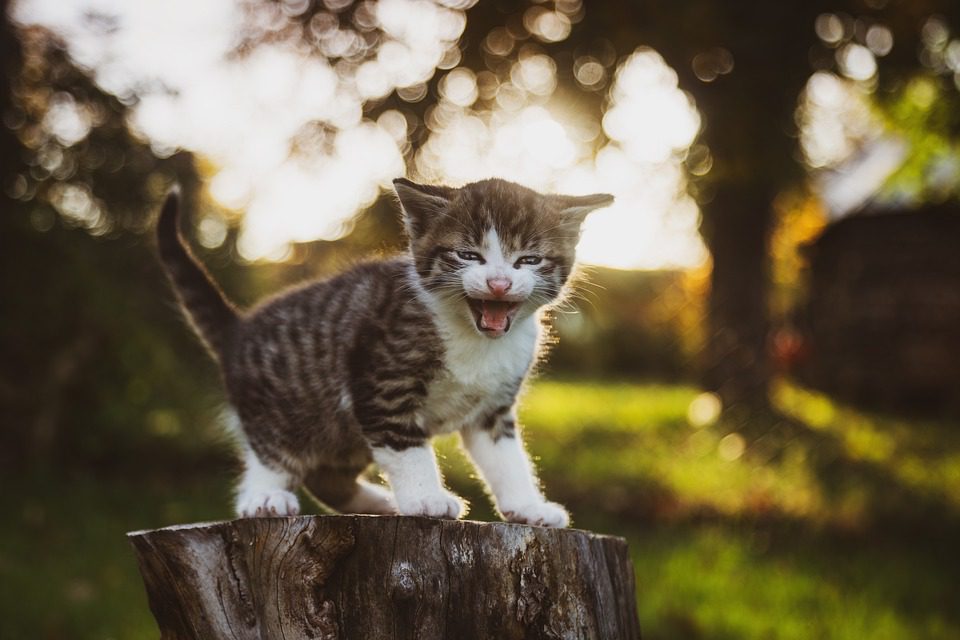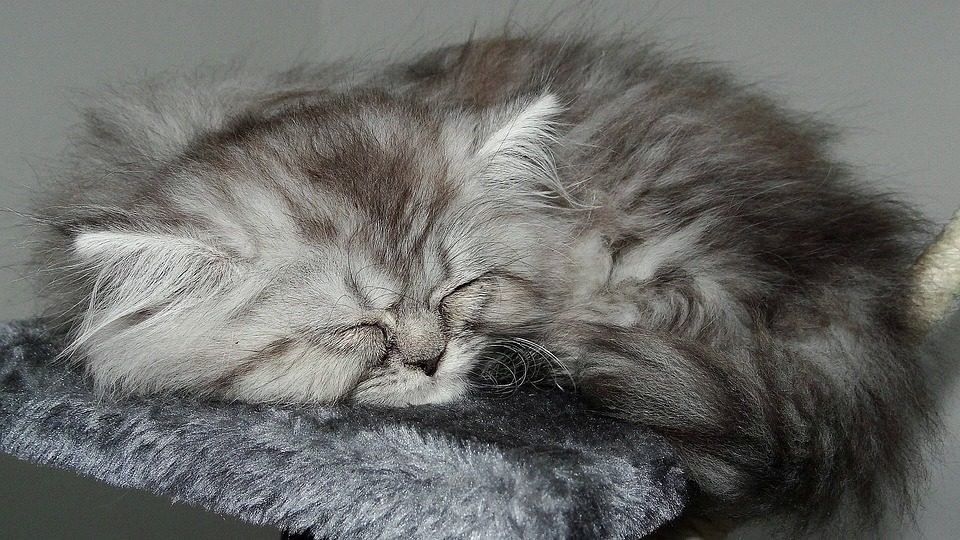Persian cats are one of the most popular breeds of cats in the world and known for their luxurious long fur and sweet personalities. But how long can you expect your furry friend to be with you? The answer is, it depends. Life expectancy varies wildly depending on a variety of factors, including diet, genetics, and overall health. In this article, we’ll explore the life expectancy of Persian cats and the factors that may affect it.
Introduction
Table of Contents
Persian cats are one of the oldest and most popular breeds of cats in the world. They are known for their luxurious coats, sweet disposition, and gentle nature. But have you ever wondered what their life expectancy is? Knowing the life expectancy of a pet is important for owners to be able to plan for their pet’s healthcare needs. In this article, we will discuss the life expectancy of Persian cats and how to ensure that your pet lives a long and healthy life.
Average Life Expectancy of Persian Cats
The average life expectancy of Persian cats is around 12 to 15 years. However, it is important to note that this is just an average and some cats may live longer or shorter than this. Persian cats are typically healthy cats, however, like all cats, they can suffer from a variety of health problems which can affect their life expectancy.
Factors That Affect the Life Expectancy of Persian Cats
There are several factors that can affect a Persian cat’s life expectancy, including age, diet, exercise, and genetics. Age is an important factor in determining a cat’s life expectancy. The older a cat is, the shorter its lifespan will be. Diet and exercise also play a role in a cat’s life expectancy. A cat that eats a healthy diet and gets plenty of exercise will typically have a longer lifespan than a cat that does not. Genetics is also a factor, as some cats are predisposed to certain health problems that can reduce their life expectancy.
How to Ensure Your Persian Cat Has a Long, Healthy Life
There are several things that owners can do to ensure that their Persian cat has a long, healthy life. First, it is important to feed your cat a high-quality diet. This should include plenty of protein, healthy fats, vitamins, and minerals. It is also important to make sure your cat gets plenty of exercise. This can include playing with toys, running around, or even taking your cat for a walk.
Regular Veterinary Care Is Important
In addition to providing a healthy diet and plenty of exercise, it is also important to make sure your Persian cat receives regular veterinary care. This should include annual check-ups, vaccinations, and any other tests or treatments that your vet recommends. Regular veterinary care is important for detecting and treating any health problems early, which can help your cat to live a longer, healthier life.
Conclusion
Persian cats are one of the oldest and most popular breeds of cats and have an average life expectancy of 12 to 15 years. There are several factors that can affect a Persian cat’s life expectancy, including age, diet, exercise, and genetics. To ensure that your Persian cat has a long, healthy life, it is important to feed them a healthy diet and provide plenty of exercise. Additionally, regular veterinary care is important for detecting and treating any health problems early.
## Common Myths about Persian Cat Life Expectancy
Myth: Persian cats have a short life expectancy.
Fact: Persian cats have the same average life expectancy as other cats, which is 12-15 years.
Myth: Persian cats require a lot of medical care.
Fact: Persian cats require the same amount of medical care as other cats. They should be taken to the vet for regular check-ups and vaccinations.
Myth: Persian cats are hard to take care of.
Fact: Persian cats only require regular grooming and a healthy diet. They are not particularly difficult to take care of.
Frequently Asked Questions
What is the life expectancy of Persian cats?
Answer: The average life expectancy of a Persian cat is 12 to 15 years.
Are Persian cats prone to any health problems?
Answer: Yes, Persian cats are prone to several health issues including respiratory problems, eye problems, and polycystic kidney disease.
Conclusion
. Persian cats have an average life expectancy of 12-15 years. Owners can ensure their pet has a long, healthy life by feeding them a high-quality diet, providing plenty of exercise, and regular veterinary care.





